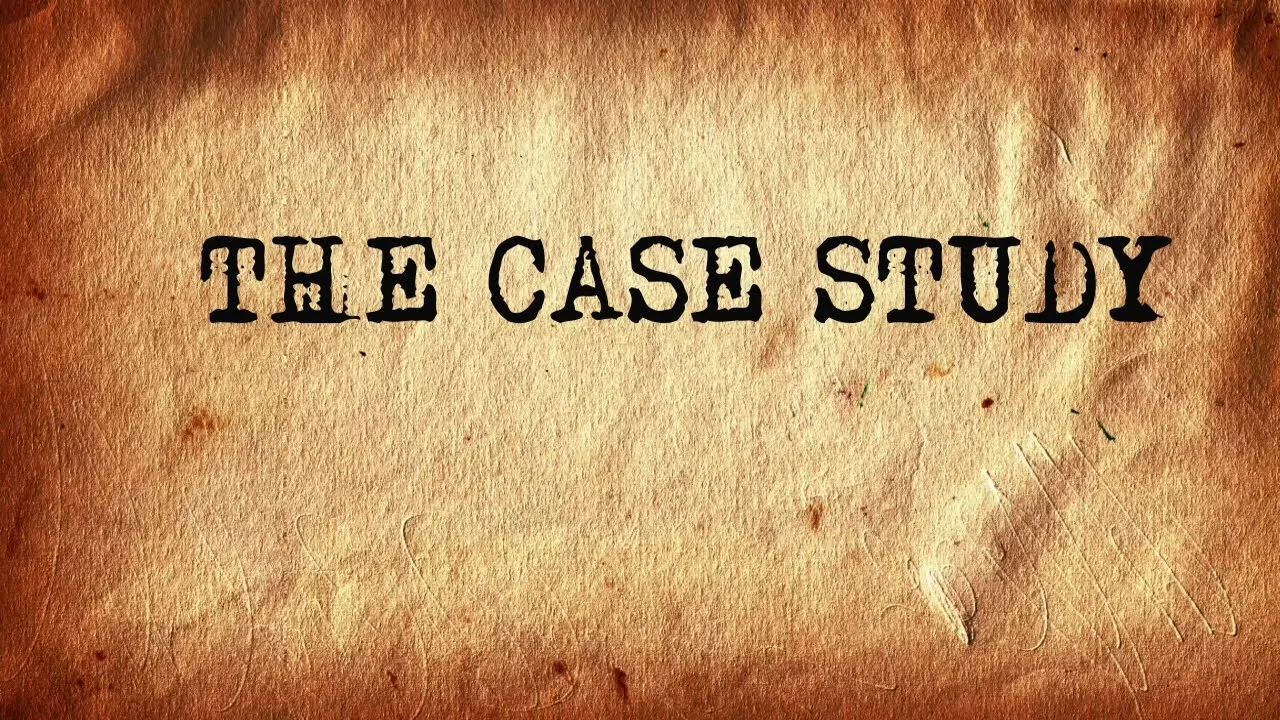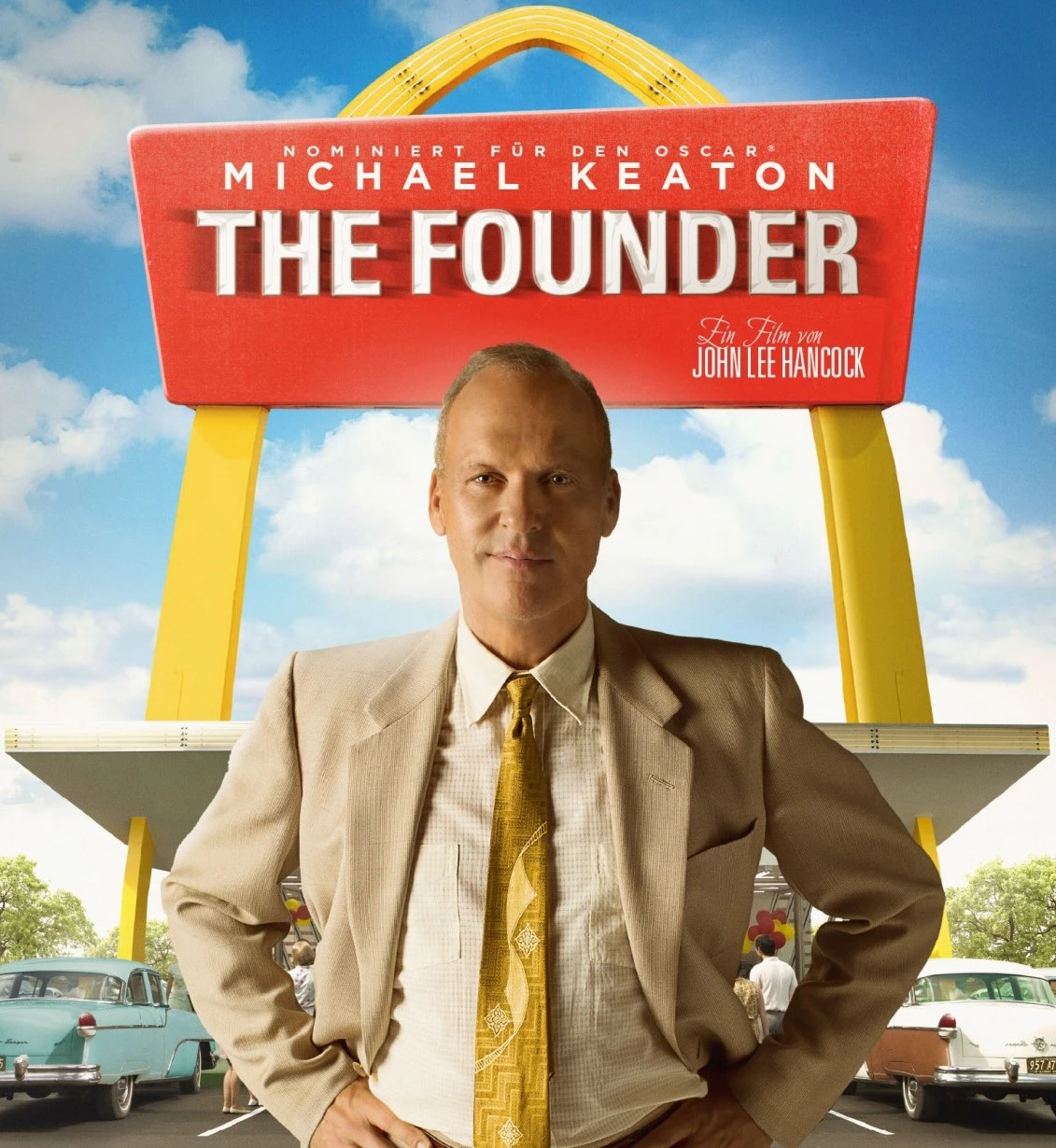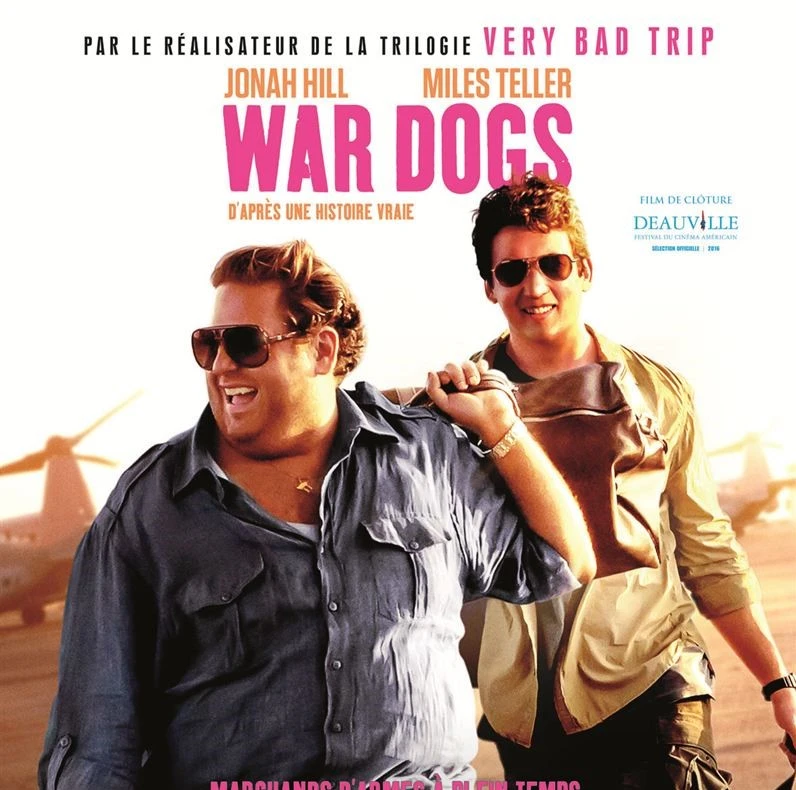Access to Business Funding Guide: How to access funding case studies
Discover comprehensive strategies and resources in our guide to securing business funding for South African SMEs. Learn about funding options, eligibility criteria, and practical tips to boost your chances of success.
Why Elon Musk doesn’t like to follow business plans: ‘These things are always wrong’
Unlocking Business Funding: Exploring Vital Case Studies on Accessing Capital
Explore the critical importance of understanding how to access funding through illuminating case studies. Delve into real-world examples showcasing successful strategies for securing capital, whether through traditional loans, venture capital, or crowdfunding. Gain invaluable insights into the intricacies of funding acquisition, including navigating investor expectations, crafting compelling pitches, and leveraging diverse financial instruments.
Empower your business with the knowledge and inspiration gleaned from these case studies, equipping yourself to confidently pursue funding opportunities and fuel your entrepreneurial journey. Discover proven pathways to financial support and propel your venture towards sustainable growth and prosperity.
How to access funding case studies

Written by: Malose Makgeta
MBA with 20+ years experience in SME development and funding. LinkedIn Profile
Access to funding from our case study movies: The Founder, War Dogs and Moneyball
- The Founder (McDonald's): The first restaurant opened by the McDonald brothers was not initially successful, leading them to redesign it into what we now recognise as McDonald's. Ray Kroc, who joined later, hadn't perfected the initial business model, nor did he have a detailed business plan. Both the McDonald brothers and Ray faced near failure because they lacked a business plan. Fortunately, they had the resources to delve deep into the business without one. If you have the resources, you can start without a business plan; otherwise, a business plan is critical.
- War Dogs (AEY): AEY secured a $300 million contract from the Pentagon to arm America's allies in Afghanistan without a business plan. In contrast, David Packouz started his bedsheet business with his savings, but without a business plan, only to discover there was no market, leading to the failure of his venture.
- Moneyball (Oakland A's): Billy Beane built a successful team without a traditional business plan; instead, he made decisions as he went along and eventually stumbled upon Peter Brand, who believed in the predictive analytics system. This approach led the Oakland A's to a 20-game winning streak, breaking records in American baseball history.
- Explore further insights on funding access lessons derived from our case study movies: The Founder, War Dogs and Moneyball by clicking here.
CONTEXT
How to access business funding is the process of tailoring a funding search and approach, as well as identifying and obtaining funding commitment from funders/investors. This skills programme provides entrepreneurs and business managers with a platform and tools that makes it simple and quick to access funding. It also includes a training and mentorship programme that prepares and supports entrepreneurs in preparing funding proposals and gaining access to funding on their own.
How to access funding case studies lessons from case studies:
Lessons from The Founder - McDonalds

Movie Description
The Founder is one amazing movie and is a must watch for every entrepreneur. It not only gives you life lessons and but also few path breaking business lessons. The Founder is story of Ray Crock. How a 52-year-old sales man turned two brothers (McDonald Brothers) small eatery into the world’s biggest restaurant business. McDonald brothers had invented the speedy system a process to deliver food in seconds but couldn’t develop business beyond their one restaurant. This is Ray Crock comes re-imagines the whole fast food business and created the McDonald Corporation we see today.
Expected Outcomes
The Founder is jam-packed with practical business advice. It pulls back the curtain to reveal the secrets of Ray Krocs transformation of McDonalds into one of the worlds largest fast food restaurants. Entrepreneurs and business owners will discover: “Nothing in this world can take the place of persistence. Talent wont; nothing is more common than unsuccessful men with talent. Genius wont; unrewarded genius is practically a cliché. Education wont; the world is full of educated fools. The purpose of this case study is to provide a practical case study on how to build a business in the manufacturing sector—that is, a business that takes raw materials and adds value to them to produce a product.
Rational
Ray Kroc, a 52-year-old over-the-hill salesman struggling to sell multimixers, turned two brothers innovative fast food eatery, McDonalds, into the worlds largest restaurant business through a combination of ambition, persistence, and ruthlessness. If you are a small business owner looking to learn about scaling, franchising, and brand building, McDonalds is the one business to look to as a reference, as they have done this incredibly well. They are a true American business success story and icon. The story of how McDonalds came to be is told in a new film, The Founder, and we learn the true story of Ray Kroc, the traveling salesman who is credited with making McDonalds what it is today, and its original founders, Richard and Maurice McDonald.
Key Lesson
None
Click here and draft your business plan in minutes
To request tailored accredited training and enterprise development services, contact us at businessplan@superdealmaker.com.
Get List for Funding Opportunities in Minutes, Click Here
To request tailored investment banking services, contact us at businessplan@superdealmaker.com.
Lessons About Accessing Business Funding from "The Founder"
- Pitch your vision: In "The Founder," the main character successfully pitched his vision of a fast-food franchise to potential investors.
- Believe in your idea: The main character had unwavering belief in his business concept, which helped him attract funding.
- Identify the right partners: The main character sought out partners who believed in his vision and had the resources to support the venture.
- Provide proof of concept: The main character demonstrated the potential success of his business idea by opening and operating a successful pilot restaurant.
- Prepare a solid business plan: The main character meticulously planned and presented a detailed business plan to investors, showcasing the potential for growth and profitability.
- Be persistent in the face of rejection: The main character faced multiple rejections but persevered in his pursuit of funding, never giving up on his vision.
- Be willing to take calculated risks: The main character took calculated risks, such as leveraging his personal assets, to secure the necessary funding.
- Build a strong network: The main character built connections with influential individuals who could provide financial support and guidance.
- Demonstrate scalability: The main character showcased the scalability of his business model, highlighting the potential for rapid expansion and profitability.
- Deliver results: The main character's ability to deliver consistent results and profitability attracted further funding and support.
McDonald's Access to Business Funding
Initially, Ray begins construction on a McDonald's restaurant in Des Plaines, Illinois, while attempting to entice wealthy investors (specifically, fellow country club members) to open franchises, but runs into the same poor management ethic that doomed the original franchise efforts. After meeting a Jewish Bible salesman, Ray comes up with the idea of franchising to middle-class investors who have a greater incentive to be hands-on and are willing to follow the McDonald's formula. This is a success, and new franchises open across the Midwest, with Ray posing as the founder of McDonald's and Fred Turner, a burger cook at the Des Plaines restaurant who caught Ray's eye on the grill, as his associate.
Kroc then mortgaged his house and put every penny he had on the line, and after many heartaches and setbacks, he was soon selling McDonald's franchises throughout the Midwest at a rate of nearly one per week, creating a phenomenon the restaurant industry had never seen before.
Despite his success, Ray faces financial difficulties because his share of franchise profits is limited due to his contract, which the McDonald brothers refuse to renegotiate. Meanwhile, the owners are facing higher-than-expected costs, particularly for the refrigeration of large quantities of ice cream for milkshakes. Joan suggests a powdered milkshake to save money, but the brothers think it will degrade the quality of their food. Ray is summoned to the bank because his mortgage is past due, but this is overheard by Harry Sonneborn, a financial consultant, who requests that Ray's books be reviewed.
Sonneborn recognises that providing real estate to franchisees will not only provide a revenue stream, but will also give Ray leverage over his franchisees and the brothers. Ray establishes Franchise Realty Corporation and attracts new investors. This enables him to open new restaurants without seeking permission from the brothers. This irritates the brothers and emboldens Ray, who defies them even more by ignoring their authority and providing powdered milkshakes to all franchisees but not their restaurant. Ray also divorces his wife, Ethel, who inherits all of his assets except his business shares.
Access to Finance: McDonald's Business Funding Through Internal Funds
Sales proceeds are one of McDonald's primary sources of funding. The revenue earned by McDonald's restaurants, less all expenditures incurred, results in a surplus. This sum is kept by the company and used to fund its expansion into new market areas through the establishment of new restaurants or the purchase of new assets.
Owners' savings ensure that the business owners have money to use or further the business. When most businesses are launched, a large portion of the funding comes from individual savings.
Franchise fees are another source of revenue for McDonalds Inc. According to Keown (2006), franchises are businesses that use an already established brand name and pay royalties to the parent company. The franchisee keeps all of the profits from the venture, but pays royalties and a small rental fee as agreed.
In this case, McDonald's remains one of the world's great franchising companies, with franchisees owning and operating more than 75% of McDonald's restaurants. This means that McDonald's benefits greatly from these franchises when the payments are made to the franchiser. As a result, franchising is one of McDonald's primary sources of revenue.
Retained earnings and profits are frequently used as a source of funding. Throughout the chain's history in Kuwait, retained earnings have been used to fund expansionary missions. Retained earnings have also been used to finance assets and other major ventures of the organisation. McDonald's can also raise funds for their business ventures by selling assets.
Access to Finance: Exploring McDonald's External Business Funding
McDonalds also receives funding from joint ventures. The partners contribute capital to the business, and McDonald benefits from this business relationship by being able to finance its operations through these capital contributions.
McDonald's can obtain funds through bank loans. McDonalds Inc. can finance its initial costs with this type of financing. The loans are either long-term or short-term in nature.
McDonald's could use this funding to expand its current operations or to launch new ones. However, the business cannot sell the assets without the lenders' consent, and if the business fails, the lender always takes precedence over the owners and shareholders in being compensated, and this also applies in the case of the business being wound up.
Overdrafts from banks are also used to fund McDonald's operations. This is a good source of short-term finance because it helps the organisation solve immediate problems faster than looking at long-term solutions. In the short term, an overdraft is preferable to a loan.
McDonald's Business Funding Key Lessons
- Seek financing options to fuel growth.
- Explore franchising as a means of expansion.
- Secure bank loans to fund business acquisitions.
- Overcome financial challenges through perseverance.
- Generate revenue through royalties from franchisees.
- Negotiate favorable supply contracts to maximise profits.
- Appoint a capable CFO to manage financial matters.
- Balance financial ambitions with maintaining relationships.
- Establish joint ventures to fund expansion efforts.
- Evaluate success through financial metrics like ROI.
Lessons from War Dogs - AEY

Movie Description
War Dogs is based on one of those true stories that no one would actually believe if it were written as fiction. In the mid-’00s, two kids named Efraim Diveroli and David Packouz managed to secure a $300 million contract with the United States government to supply allied forces in Afghanistan with arms and ammunition. They then embarked on a globetrotting misadventure that saw them dealing with shady crooks and corrupt politicians and dangerous soldiers in the name of making a fortune. Most astonishingly, both men were twenty something stoners with no experience handling anything of this size or scope. As much as the film may diverge from the truth for the sake of cinematic drama, the core story remains jaw-droopingly true.
Expected Outcomes
There are several important lessons that any aspiring new entrepreneur can learn from Hollywoods portrayal of business in these business movies. Two friends embark on that journey, and they do what any excited real entrepreneur or business manager would do: they hustle, work like dogs, read and study all night, and have a do-whatever-it-takes attitude. If a deal is about to fall apart, they hustle even harder and manage to keep it together. The purpose of the case study is to provide a practical case study on how to build a business in the facilitated network sector, which makes money by allowing people to exchange information, products, and services.
Rational
Entrepreneurs are constantly learning on the job, from their peers to their idols, and, most importantly, from their own mistakes—the road to owning your own business is littered with lessons learned. However, learning some of these lessons before embarking on your own journey only makes the process easier. i.e. Cutting corners can be an expensive proposition - Finding the best deals can be wise but make sure that you consider long-term costs and the time that you might have to invest to fix problems.
Key Lesson
None
Lessons About Accessing Business Funding from "War Dogs"
Lesson 1:Be cautious of engaging in illegal activities to generate revenue, as portrayed in the movie "War Dogs."
Lesson 2:Ensure you have a legitimate and legal source of income to fund your financial ventures.
Lesson 3:Utilise competitive bidding and legitimate channels to secure contracts and generate revenue.
Lesson 4:Implement proper budgeting and financial controls to manage your expenses effectively.
Lesson 5:Focus on long-term investment strategies rather than engaging in risky and unethical financial practices.
Lesson 6:Research and analyse the market to identify undervalued opportunities and maximise your return on investment.
Lesson 7:Seek legal and legitimate financing options, such as personal savings or bank loans, to fund your business ventures.
Lesson 8:Stay committed to ethical practices and avoid fraudulent billing or financial crimes.
Lesson 9:Recognise the importance of building a strong reputation and maintain positive relationships with clients and business partners.
Lesson 10:Emphasize transparency and compliance in your financial operations to avoid legal troubles and reputational damage.
- Identify a market need: In "War Dogs," the main characters discovered a need for cheaper arms deals for the U.S. military and capitalised on it.
- Network and make connections: The characters built relationships with people in the arms trade industry to gain access to profitable deals.
- Start small and build up: The characters began by fulfilling smaller contracts before moving on to larger deals.
- Be persistent: Despite facing numerous setbacks and challenges, the characters continued to pursue their goals and find funding sources.
- Do your research: The characters thoroughly researched their industry and competitors to stay informed and make smart decisions.
- Be creative in finding funding sources: The characters used a variety of unconventional methods to secure funding, such as crowdfunding and laundering money.
- Be prepared for risks and consequences: The characters took on high-risk deals and faced legal consequences as a result.
- Build a strong team: The characters worked well together and utilised each other's strengths to achieve their goals.
- Be adaptable: The characters were able to pivot their business model and adjust to changing circumstances.
- Learn from your mistakes: The characters made mistakes and experienced failures, but they used those experiences to learn and improve.
The partners in the film had a local businessman who provided funding in exchange for a percentage of the profits from the contracts. However, the partners were deceptive about the amount of money the company was making. Again, no contract or agreement was in place to allow this businessman to know the profit. This demonstrates the importance of being selective in who you work with and conducting thorough due diligence.
Lessons About Accessing Business Funding from "Moneyball"
Lesson 1:Think outside the box: In "Moneyball," Billy Beane challenges traditional baseball thinking by using data-driven analysis to identify undervalued players. Similarly, in financial management, don't be afraid to question conventional wisdom and explore innovative approaches.
Lesson 2:Focus on value: Billy Beane prioritized on-base percentage as a key statistic when evaluating players. In finance, emphasize value by looking for investments or opportunities that provide the most bang for your buck.
Lesson 3:Maximise resources: The Oakland Athletics had a limited budget, so Billy Beane aimed to maximise the value of each rand spent on player salaries. Similarly, make the most of your financial resources by being strategic and efficient in your spending and investments.
Lesson 4:Utilise data and analytics: "Moneyball" demonstrates the power of data and statistical analysis in decision-making. In managing finances, leverage data and analytics to gain insights, identify trends, and make informed financial choices.
Lesson 5:Adapt to change: Billy Beane faced resistance when introducing his data-driven approach. Adaptability is crucial in finance, as markets and circumstances can change rapidly. Be willing to adjust your strategies and plans to stay ahead.
Lesson 6:Identify hidden opportunities: Billy Beane sought undervalued players that other teams overlooked. Similarly, in finance, look for hidden opportunities, undervalued assets, or markets that are not widely recognised for their potential.
Lesson 7:Manage risks: Billy Beane took calculated risks in assembling his team. In financial management, evaluate risks carefully and take steps to mitigate them through diversification, hedging, or other risk management techniques.
Lesson 8:Embrace innovation: "Moneyball" showcases how innovation can revolutionise an industry. In finance, embrace technological advancements, explore new investment vehicles, and adopt innovative tools and strategies to enhance your financial management approach.
Lesson 9:Resilience is key: Billy Beane faced challenges and setbacks but remained resilient. In managing finances, expect ups and downs, and maintain a resilient mindset to navigate financial obstacles and persevere toward your goals.
Lesson 10:Collaborate and leverage strengths: Billy Beane worked with his team to implement his vision. In finance, collaborate with experts, advisors, and mentors, and leverage their expertise to strengthen your financial management skills and decision-making.
- Focus on value: In "Moneyball," Billy built his team by focusing on undervalued players who could contribute to the team's success.
- Use data to inform decisions: Billy used statistical analysis to identify players who could provide the most value for the team.
- Be willing to take risks: Billy made bold decisions to acquire the players he needed, even when others doubted his choices.
- Challenge traditional thinking: Billy challenged conventional wisdom and found success by taking a different approach to team building.
- Be resourceful: Billy had a limited budget and had to find creative ways to acquire the players he needed.
- Build a strong team: Billy worked with a team of talented individuals who supported his vision and helped him achieve his goals.
- Be patient: Billy knew that building a successful team would take time and was willing to wait for the right opportunities.
- Stay focused on the long-term goal: Billy remained committed to his vision and was not distracted by short-term setbacks or distractions.
- Embrace technology: Billy used innovative software and technology to help him make informed decisions about player acquisition.
- Continuously learn and adapt: Billy and his team were constantly learning from their experiences and adapting their strategies to improve their performance.
Join the Conversation: Share Your Thoughts on This Article
- No comments yet.
Add Your Comment Now!



